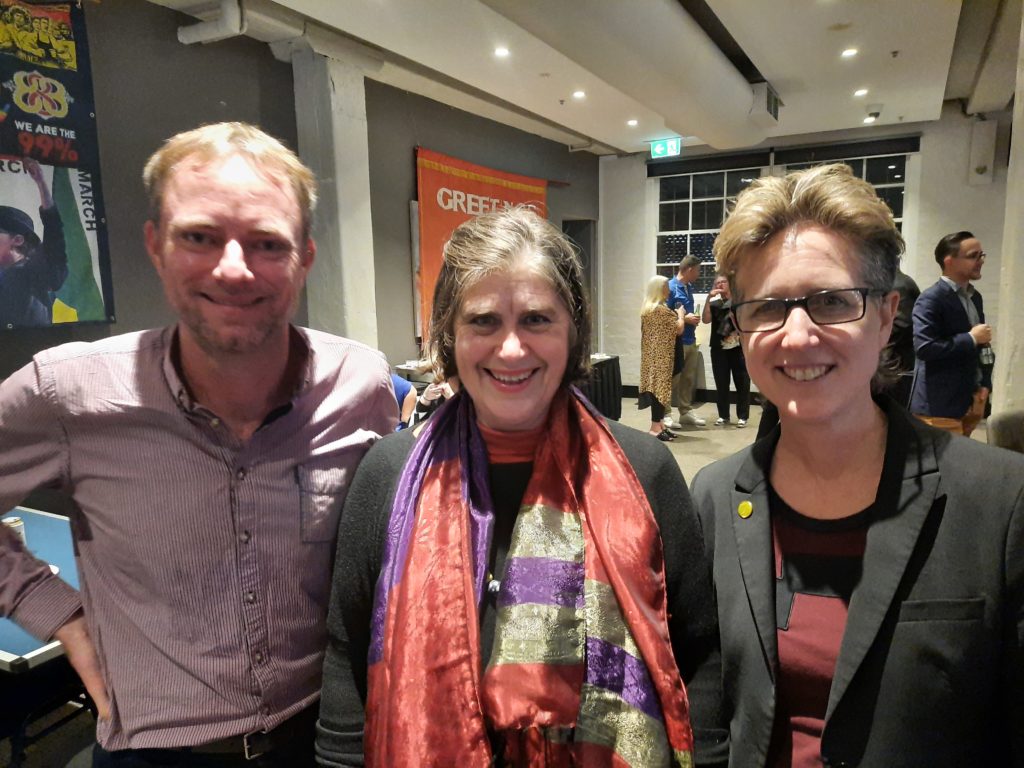By Janine Kitson, Retired Unionists Network committee, July 2021
The welfare of women and children must be of paramount importance for this nation, writes Janine Kitson from the Unions NSW Retired Unionists group and the Retired Unionists Network Committee.
Domestic violence predominantly happens to women and children, across all social, economic, ethnic and educational backgrounds. However Aboriginal and Torres Strait Islander women experience disproportionately higher rates of violence.
Domestic violence is predominantly perpetrated by men. It arises from entrenched intergenerational attitudes, cultures, and behaviours; as well as political and economic power structures that prioritise male privilege, entitlement and control.
The main drivers of violence are attitudes and behaviours that support systemic discrimination against women. Domestic violence happens when disrespect for women is condoned; when people feel pressured into rigid gender roles; and when women’s economic and social independence is limited. Increasingly gendered violence is being ‘normalised’ online for young men, with violent online games, pornography and trolling abuse. In turn gender inequality intersects with other forms of discrimination and disadvantage such as racism, colonisation, ableism, homophobia, transphobia.
The statistics are shocking for women. One Australian woman dies every eight days by a current or former partner. One woman is hospitalised every 90 minutes from injuries inflicted by either a partner or ex-partner. During the month of October 2018, eleven women were murdered. In Brisbane in 2020, Hannah Clarke and her three children, Aaliyah (aged 6), Laianah (aged 4) and Trey (aged 3), died after being doused in petrol by her estranged husband. In NSW in July 2018, John Edwards gunned down his children Jack (aged 15), and Jennifer (aged 13), despite a long history of domestic violence. In Victoria in February 2014, Rosie Batty’s 11 year old son was murdered by his father at a local cricket game, despite making every effort to protect herself and son with intervention and custody orders.
The Federal Government continues implementing policies that entrench disadvantage, poverty and discrimination against women. In early 2021 the Family Court, established in 1976, was merged with the Federal Circuit Court, despite 155 family law stakeholders, including 13 retired judges, speaking out against the loss of this standalone, specialist judicial court to support and assist resolving complex family violence cases.
Overall the police force and judiciary do not have the specialist training, education or resources to support women experiencing domestic violence that include coercive controlling behaviours. For too many women domestic violence protection orders fails them.
Australian still does not have a uniform national definition of family, domestic and sexual violence, particularly for coercive control, financial and technologically facilitated abuse. The federal government has yet to mandate ten days paid family and domestic violence leave nationally that is needed by women to make themselves and their children safe.
Our economy continues to underpay women for their work, despite women making up half of the paid workforce. According to the ACTU women are paid 14.1 percent less than men, an average of $239.80 per week less. According to the Workplace Gender Equality Agency (2020) women on average earn less than $25,534 less than men every year.
The professional work of women teachers, nurses, social workers, TAFE and university lecturers is utterly devalued with continuing cuts to the public service. Too many women are trapped into insecure and low pay work in hospitality, retail, tourism and aged care sectors. Australian working women are often the first to lose their penalty rates.
Women lack working rights based on family-friendly working arrangements. Women workers are disproportionately overburdened with primary responsibility for childcare, unpaid caring and domestic work. Australia still has no universal early childhood education. Parental and carer career breaks affect pay, career opportunities and salary progression. This in turn disadvantages women’s ability to generate retirement incomes resulting in older women retiring with less superannuation and making them vulnerable to homelessness and poverty.
Support services for women are chronically under-funded. Too many women cannot access the specialist public housing, legal and financial assistance services they need. Women’s shelters turn too many women away from violent domestic entrapment. Australia does not have the necessary public housing to ensure women and children can live dignified lives in safety. Domestic violence is a driver of homelessness for women.
The Federal Government is masterful at successive announcements but will it implement the 88 recommendations in the Social Policy and Legal Affairs Standing Committee’s Report Inquiry into Family and Domestic and Sexual Violence1? Will it implement the 55 recommendations made by the Australian Human Rights Commission Respect@Work report of the National Inquiry into Sexual Harassment in Australian Workplaces 2020?
The 2021 March 4 Justice, perhaps the largest uprising of women that Australia has ever seen, demanded the Federal Government take action ending the widespread and pervasive sexual abuse and harassment against women and ensure workplaces are safe, gender-equal, inclusive and harassment-free.
More than ever we need a strongly funded ABC to tell the stories of Australia’s women and children. ABC’s Four Corners program ‘Inside the Canberra Bubble’ revealed toxic masculinity at the highest levels in Parliament. The stereotypes of men ‘naturally’ making better leaders and are entitled to hold positions of power because they are ‘better’ than women needs to be constantly challenged. The sexual disparaging attacks against Australia’s first female prime minister were a shocking indictment against women in public life. Men need to relinquish, share or lose some of their power if women are to reach equality.
Not only do we need governments to support age-appropriate, evidence-based respectful relationship education, but we need investment in programs for violent men such as Western Australia’s Communicare Breathing Space program where instead of women and children leaving their family home, their male partners undertake 3 months residential counselling to deal with their violence.
It is time for Australia to become again a world leader again against gendered violence – as it was during the late 1970s when it enacted some of the world’s first sex discrimination laws, reforms and policies.
March4Justice brought the nation together in demanding justice and equality for women. We wait in hope.











SHARE:
We Wait in Hope for Justice and Equality for Women